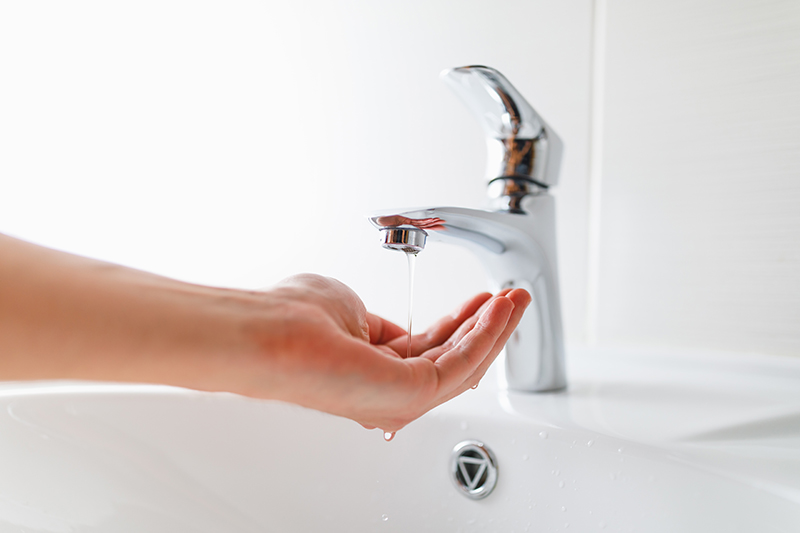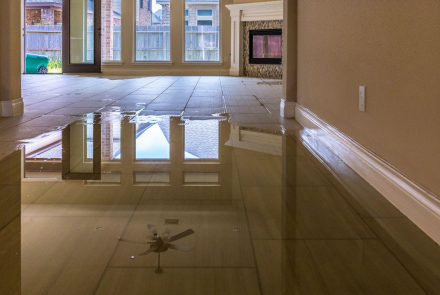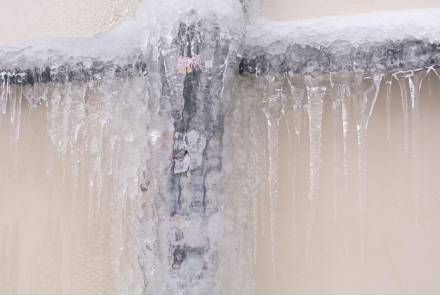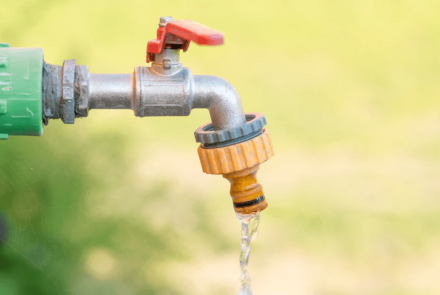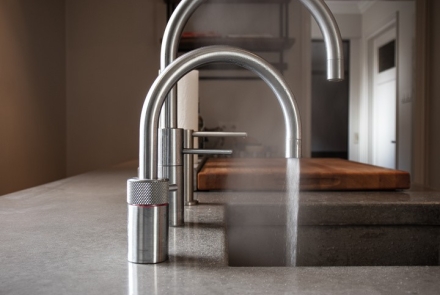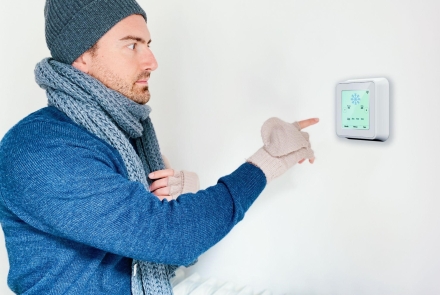What Can Affect Your Home’s Water Pressure
Leaky faucets, noisy pipes, ineffective appliances - these are all plumbing headaches that suggest a water pressure problem. Ignoring these signs could lead to a plumbing disaster. Read on for factors affecting your home’s water pressure and when to call a licensed plumber.
Factors that Affect Water Pressure
Pipe Size: Smaller pipes restrict water flow, which reduces water pressure.
Material: Certain plumbing fittings, such as PEX fittings, reduce the internal pipe diameter. This reduces water pressure when compared to other fittings, such as CPVC fittings, which maintain the same diameter as the rest of the pipes.
Clogs and Blockages: Debris in pipes reduces pipe size, which decreases water pressure.
Water Flow Rate and Household Demand: If too many appliances are using water at once, water pressure can decrease.
Municipal Water Supply Issues: Low pressure from the local water supply can affect your home’s water pressure, even if your home’s plumbing is functioning properly.
Signs of Low or High Water Pressure
Both low and high pressure can cause leaky faucets and fluctuations in temperature. Other indications of low water pressure include weak or uneven water flow and slow toilet fill. With low water pressure, you might notice that certain appliances, such as the washer and dishwasher, don’t clean as effectively. Evidence of high water pressure includes banging in the pipes, water damage, and constantly running toilets.
If not addressed quickly, this can cause damage to your appliances and fixtures. High water pressure can damage pipes, cause leaks, and reduce the life of your appliances.
DIY Solutions to Improve Water Pressure
Understanding your home’s plumbing system can be important if you are trying to DIY it. Sometimes, a leaky faucet has a straightforward solution. Often, it’s because the rubber washer that stops the flow of water inside the faucet has worn down. You can purchase a replacement at your local hardware store.
If you’re experiencing low water pressure from faucets or showerheads, check the aerators and holes of the showerhead. Mineral buildup can cause blockages. You can fix this by removing these pieces and cleaning them with vinegar or a descaling solution.
The water pressure regulator sits near the main water line to your home. It reduces high water pressure coming into the main line to protect your pipes. Sometimes a simple adjustment to the regulator is all that’s needed. However, if you think the regulator is not working correctly, it’s best to call a professional to replace it.
When to Call a Professional Plumber
Some issues are best handled by a licensed professional. Complex pipe issues, such as emergencies, appliance failures, and corrosion, might require specialized experience and equipment. The same goes for the installation or replacement of plumbing fixtures. Likewise, a plumber is better suited to help you with problems in the municipal water supply. Their experience will help them liaison with local authorities and resolve the issue more quickly.
It’s essential to do regular maintenance and get professional advice when fixtures are leaky, or appliances don’t work as well. Leaving problems longer can cause damage to plumbing and appliances to build up. Catching problems early can lessen the headache and expense.
If you have concerns and are looking for advice about issues you’re observing in your house, don’t hesitate to contact us at Robert Blair. Our professional team of licensed plumbing technicians serves the Chicago area.

